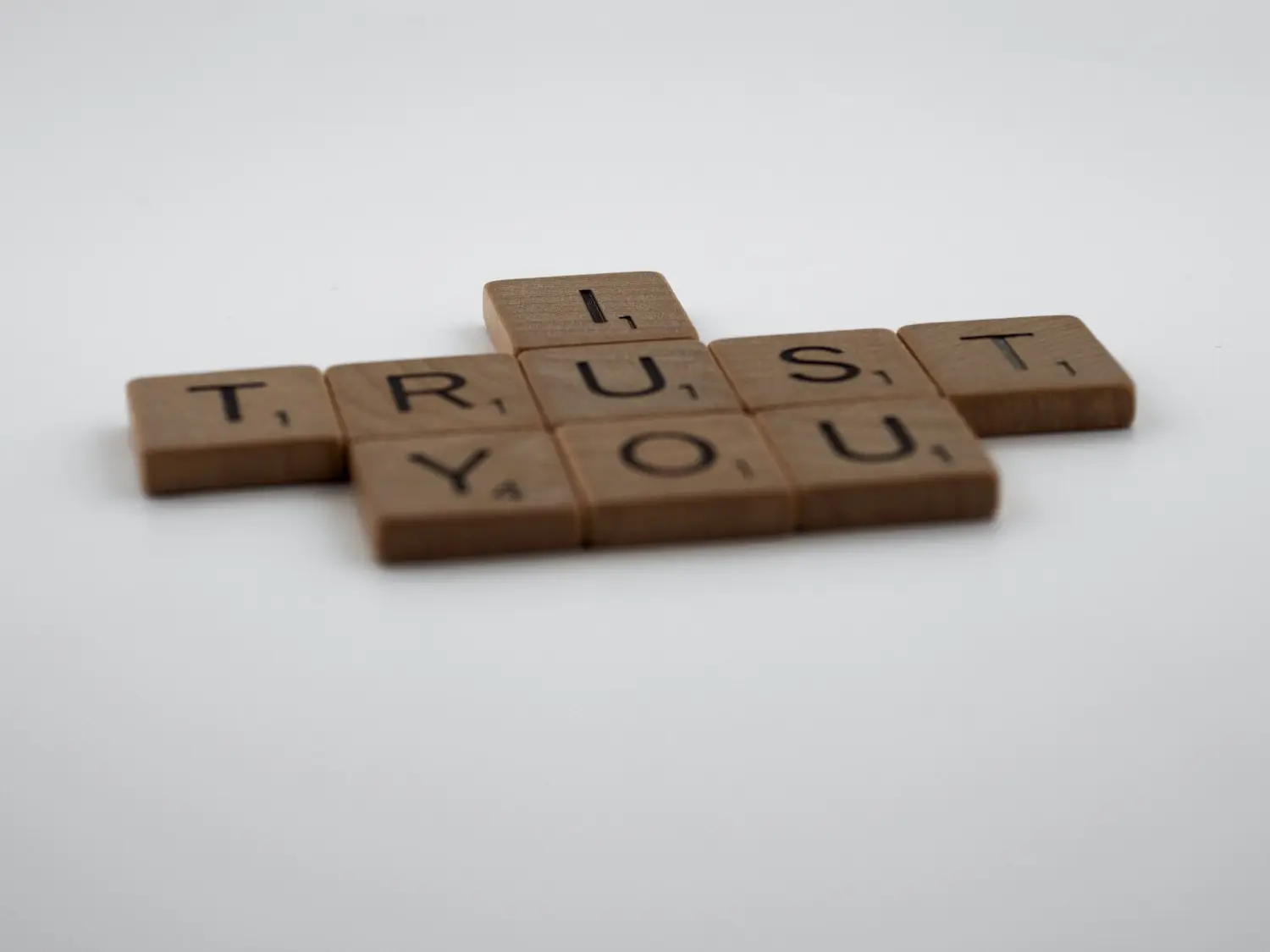
As one of the three things you can control, who you trust is a vitally important decision.
It sounds pretty simple. And it seems pretty easy. Trust in the things/people that are good for you and don’t trust the ones that aren’t.
But we are so easily deceived. Something might feel good in the moment but over time proves itself untrustworthy. Someone might be showing us a mask of themselves, leaving us betrayed when their true nature shows something entirely different. What about forgiveness and grace? After all, a person does not have to be perfect to be trustworthy.
Life is zipping by us. People are crashing into us everyday. Circumstances are swirling in a confusing array. In the midst of it all, there is perhaps nothing we are doing that is more important than trying to discern who you trust.
The Trust Trifecta
Trust is a process and there is no easy way to go about it, no sure fire answer to whom we ought to trust. As one of the three things we can control, trust is essentially about what we put our faith in – what we believe in. Sometimes we trust people – like parents, friends, celebrities, or spouses. Sometimes we trust things like money, affirmation, achievement, or the-absence of-conflict. In the end, what this boils down to is where are we placing our hope. What do we believe is good?
With that in mind, here are three helpful things to consider when discerning whom to trust.
Outcomes Are Not Certain
First, faith is not just about outcomes. What I mean is, you cannot trust a person because they make you feel good. Because they won’t always be able to do that. One of my pet peeves is when a character in a movie says, “I won’t ever let you down” or “I won’t ever let anything bad happen to you”. These are impossible promises. They are attractive to that part of us that thinks everything is about perfecting circumstances and manipulating outcomes. If you are focused on outcomes – how you feel, what you can accomplish, what you can get, etc. – when deciding to trust something, you are opening yourself up to being deceived. Anything that tells you the plain truth will seem unappealing. Anything that tells you what you want to hear is lying. And you are holding onto an impossible standard.
When you trust something, you ought to trust what it is, not what it can do for you. When you trust someone, you take the good, bad, and ugly of that relationship. I am not talking about toxicity. You are a fool to trust toxicity. What I am talking about is that life is complicated, and even you don’t know what is best for yourself. Trusting someone (or something) is a way to open yourself up to a perspective bigger than yourself. Don’t be surprised if it feels weird or not quite what you expected.
Trust Isn’t An Option
The second thing to consider is this: you have to trust something. We all pretend like faith is an optional add-on that a few people might opt into. The reality is we all have faith. We all trust in something. Life is just too big and unstable to go at it alone. You might be trusting in certainty, in God, in wealth, in thriftiness, or in gravity – but you are trusting in something. And it changes your thoughts and your behaviors. You cannot escape trust. The question is not will you trust? The question is where are you going to decide to place your trust?
What Is Good For Me?
Lastly, when you are thinking about trust, it is best to think in terms of “what is good” rather than “what can get me what I want”. You have to be able to think outside of yourself to discern what is trustworthy. Otherwise, your trust will be placed in whatever reinforces your already held suppositions. You will become an echo-chamber. You will marry someone who looks like you (and thinks like you). What we trust affects what we see. And what we see affects what we do.
Choosing whom we trust is one of (if not THE) most powerful things we can do. Nobody can make the choice for you. People will try. There will be attempts at oppression, manipulation, and temptation – just to name a few. It is up to you in the end. You and only you.
In our ever-changing world, it has become fashionable to try to trust either nothing or everything. You can’t trust everything. You have to make a choice. And making this choice prioritizes your life. It also helps you to let go of things beyond your control. If you don’t trust something, you will be less offended by it. You’ll be less captive and dependent on it. You will be better postured to orient your life toward that which you truly value.
Joey Willis is a writer and Servant Leadership Trainer with The Crossroad.




